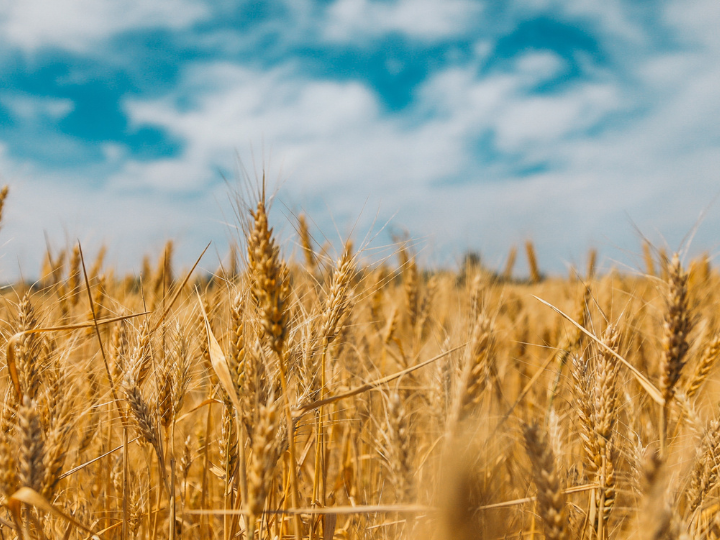by Michal Hudec
The pesticide, banned in the EU in 2020, was discovered in 1,500 tonnes of wheat from Ukraine, which was not initially intended for the Slovak market, but for third-world countries.
“Poland proceeded to very strict bans, and we had to react in order to protect the Slovak market in those agricultural and food products where we have our own self-sufficiency ensured,” the Minister said at a press briefing.
According to Vlcan, the measure aims to protect the Slovak agri-food sector but also the health of consumers in a move that follows in the footsteps of Poland and Hungary.
The minister announced the decision after pressure from the Slovak Agriculture and Food Chamber and opposition politicians.
“The Slovak Chamber of Agriculture and Food welcomes the temporary ban on the import of selected agri-food commodities into our territory. This way, we can stabilise the internal market and help with the marketing of our own grain,” the Slovak Agriculture and Food Chamber wrote in a statement.
Following the discovery of contaminated wheat imported from Ukraine last week, state authorities banned the processing and marketing of Ukrainian grain in the food and the feed chain. Checks and border measures have also been stepped up.
The issue has immediately become a topic of criticism for the opposition. Agriculture expert Branislav Becik from Hlas-SD, the second strongest party in the country, warned that “millions of contaminated flour may now be in Slovak stores.”
Vlcan accused Becik of fear-mongering and said that no contaminated flour had been discovered.
Meanwhile, the EU Commission criticised the ban introduced by Warsaw and Budapest, describing it as “unacceptable”.
“…it is important to underline that trade policy is of EU exclusive competence and, therefore, unilateral actions are not acceptable,” Commission’s spokeswoman said for EURACTIV.
*first published in: www.euractiv.com




 By: N. Peter Kramer
By: N. Peter Kramer

